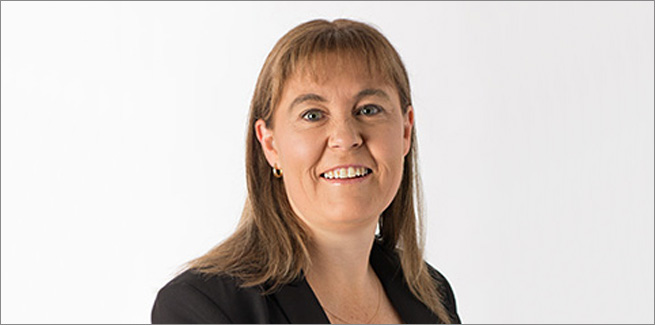Following the release of its results for the first half of the 2020 financial year (HY20), Bendigo and Adelaide Bank halted trading on the ASX to launch a $300 million capital raising.
The capital raising comprises of:
- a fully underwritten $250 million institutional share placement; and
- a non-underwritten share purchase plan targeting approximately $50 million.
According to Bendigo, the capital raising is aimed at sustaining growth in its residential mortgage business, strengthening its balance sheet and providing an increased buffer above the Australian Prudential Regulation Authority’s (APRA) “unquestionably strong” capital requirements.
The non-major added that the capital raised would also provide “flexibility” for Bendigo to invest in technology and regulatory reform initiatives.
The first phase of the capital raising, the “placement”, will be undertaken at a fixed price of $9.34 per new share, which, according to Bendigo, represents a 9 per cent discount to the last close price on ASX of $10.26 on 14 February 2020.
Approximately 26.8 million new shares will be issued under the placement, representing approximately 5.4 per cent of existing issued capital.
Holders of new share issued under the placement will not be entitled to receive the interim dividend payable to eligible shareholders on 31 March 2020.
New shares are expected to settle on 20 February 2020 and commence trading on the ASX on the following business day.
Above-system mortgage growth
In its HY20 results, Bendigo reported above-system home-lending growth via both its direct and third-party businesses, with the non-major’s book rising by 7 per cent in the six months to 31 December 2019 – 1.1 times above system.
When compared with the previous corresponding period, the bank’s total home-lending portfolio grew by approximately $2.4 billion, from $38.7 billion to $41.1 billion.
Bendigo CEO Marnie Baker said the bank has been rewarded for its long-term strategy to strengthen its service proposition in the home-lending space.
“We’re just getting back to the levels that we were a decade ago, so there was work we needed to do to ensure the service proposition was right,” she said.
“That work has been undertaken. We’ve put that investment in and will continue to do more investment going forward, but it does open up to get back to the levels we were approving and settling a decade ago.”
Most of Bendigo’s residential-lending growth came via the third-party channel, with its broker-originated portfolio rising by approximately $1.7 billion (10.4 per cent) from $16.3 billion to $18 billion.
Bendigo’s retail mortgage growth was less pronounced, with the portfolio increasing by approximately $700 million (3.1 per cent), from $22.4 billion in HY19 to $23.1 billion.
As a result, the proportion of broker-originated loans as a proportion of Bendigo’s total portfolio grew from 42 per cent to 44 per cent.
According to Bendigo’s chief financial officer, Travis Crouch, stronger mortgage growth via the bank’s third-party business reflected increased investment in the channel, which included the signing of white label agreements with mortgage aggregators Aussie Home Loans and Connective.
However, Mr Crouch added that settlements via Bendigo’s retail bank began to pick up in the second quarter of HY20.
“What we were seeing, particularly in that last quarter, is an improvement in retail activity and starting to flow through settlements,” he said.
“When we look at our growth going forward, yes, we continue to expect strong growth in third-party, but equally, we continue to see an improvement in how we look at the retail business and actually expect an improvement there as well.”
Overall, Bendigo posted cash earnings after tax of $215.4 million, down 2 percent on HY19.
Ms Baker said the earnings result was impacted by “ongoing technology investment, regulatory and compliance costs and staff investment to support mortgage growth”.
[Related: NAB earnings withstand lending slump]










